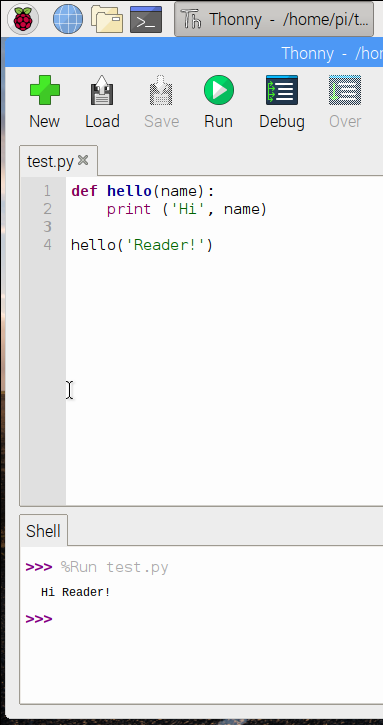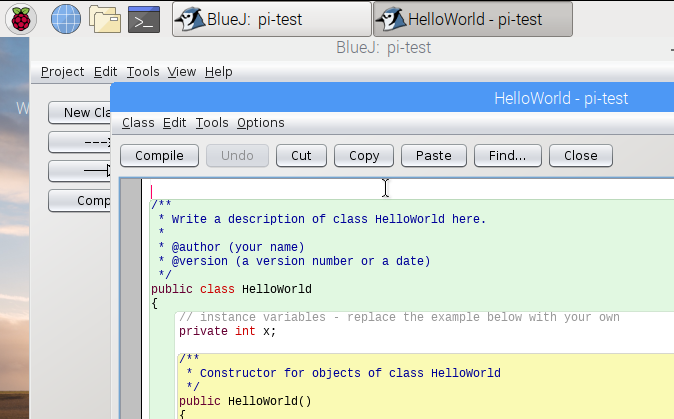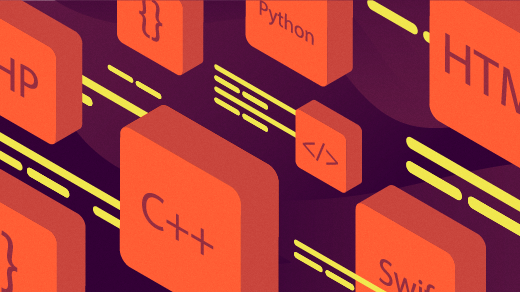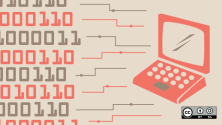In the last article in this series, I shared some ways to teach kids to program with Raspberry Pi. In theory, there is absolutely nothing stopping an adult from using resources designed for kids, but you might be better served by learning the programming languages that are in demand in the job market.
Here are three programming languages you can learn with the Raspberry Pi.
Python
Python has become one of the most popular programming languages in the open source world. Its interpreter has been packaged and made available in every popular Linux distribution. If you install Raspbian on your Raspberry Pi, you will see an app called Thonny, which is a Python integrated development environment (IDE) for beginners. In a nutshell, an IDE is an application that provides all you need to get your code executed, often including things like debuggers, documentation, auto-completion, and emulators. Here is a great little tutorial to get you started using Thonny and Python on the Raspberry Pi.

Java
Although arguably not as attractive as it once was, Java remains heavily used in universities around the world and deeply embedded in the enterprise. So, even though some will disagree that I'm recommending it as a beginner's language, I am compelled to do so; for one thing, it still very popular, and for another, there are a lot of books, classes, and other information available for you to learn Java. Get started on the Raspberry Pi by using the BlueJ Java IDE.

JavaScript
"Back in my day…" JavaScript was a client-side language that basically allowed people to streamline and automate user events in a browser and modify HTML elements. Today, JavaScript has escaped the browser and is available for other types of clients like mobile apps and even server-side programming. Node.js is a popular runtime environment that allows developers to code beyond the client-browser paradigm. To learn more about running Node.js on the Raspberry Pi, check out W3Schools tutorial.
Other languages
If there's another language you want to learn, don't despair. There's a high likelihood that you can use your Raspberry Pi to compile or interpret any language of choice, including C, C++, PHP, and Ruby.
Microsoft's Visual Studio Code also runs on the Raspberry Pi. It's an open source code editor from Microsoft that supports several markup and programming languages.







10 Comments